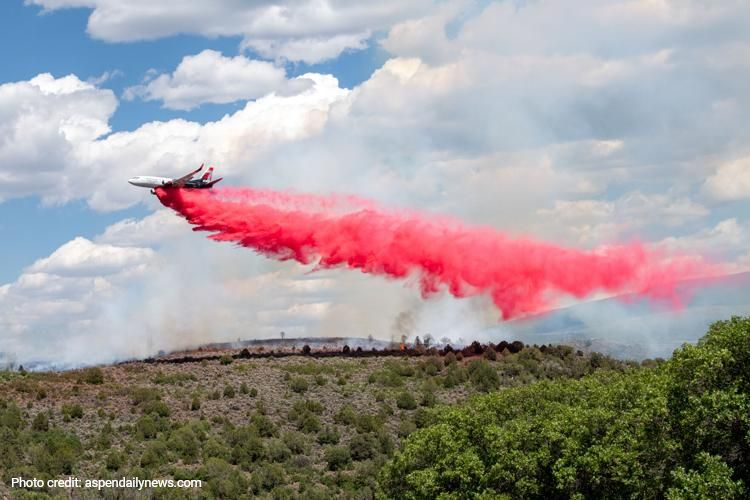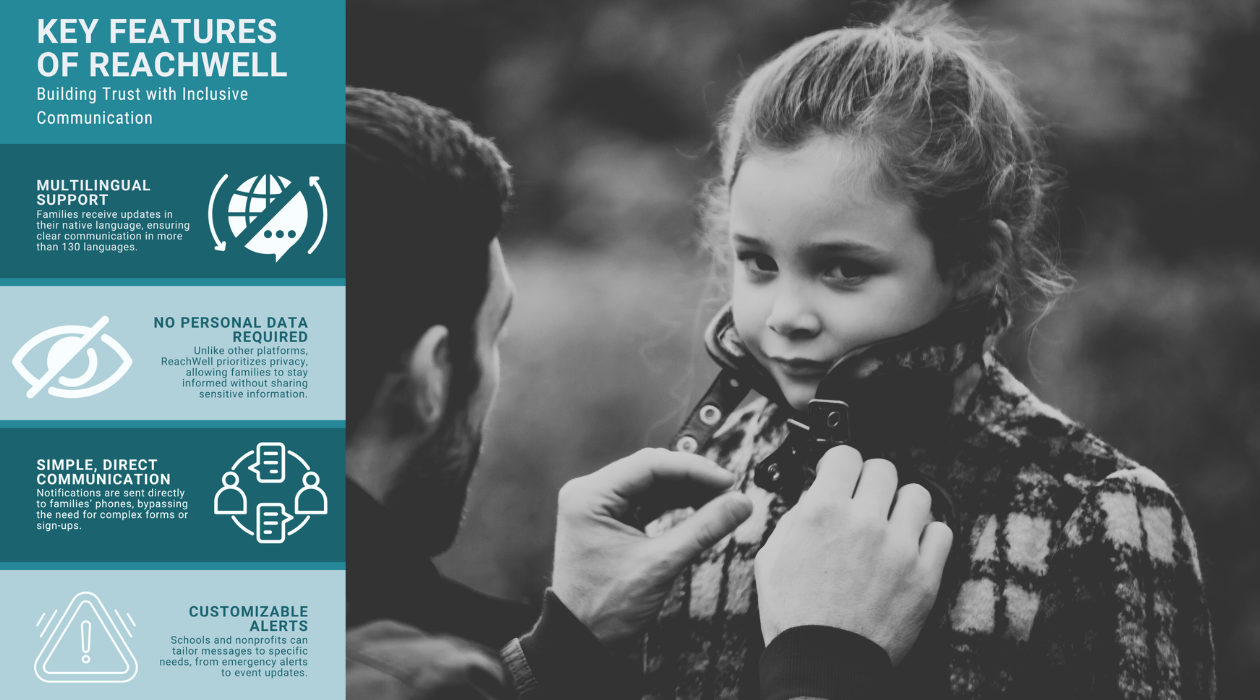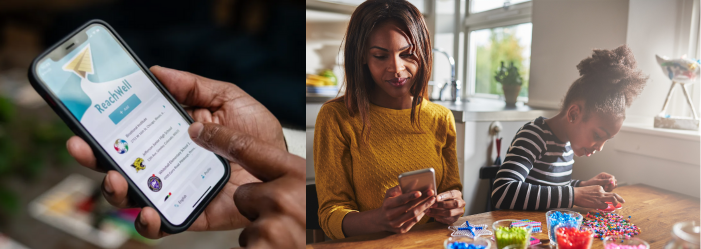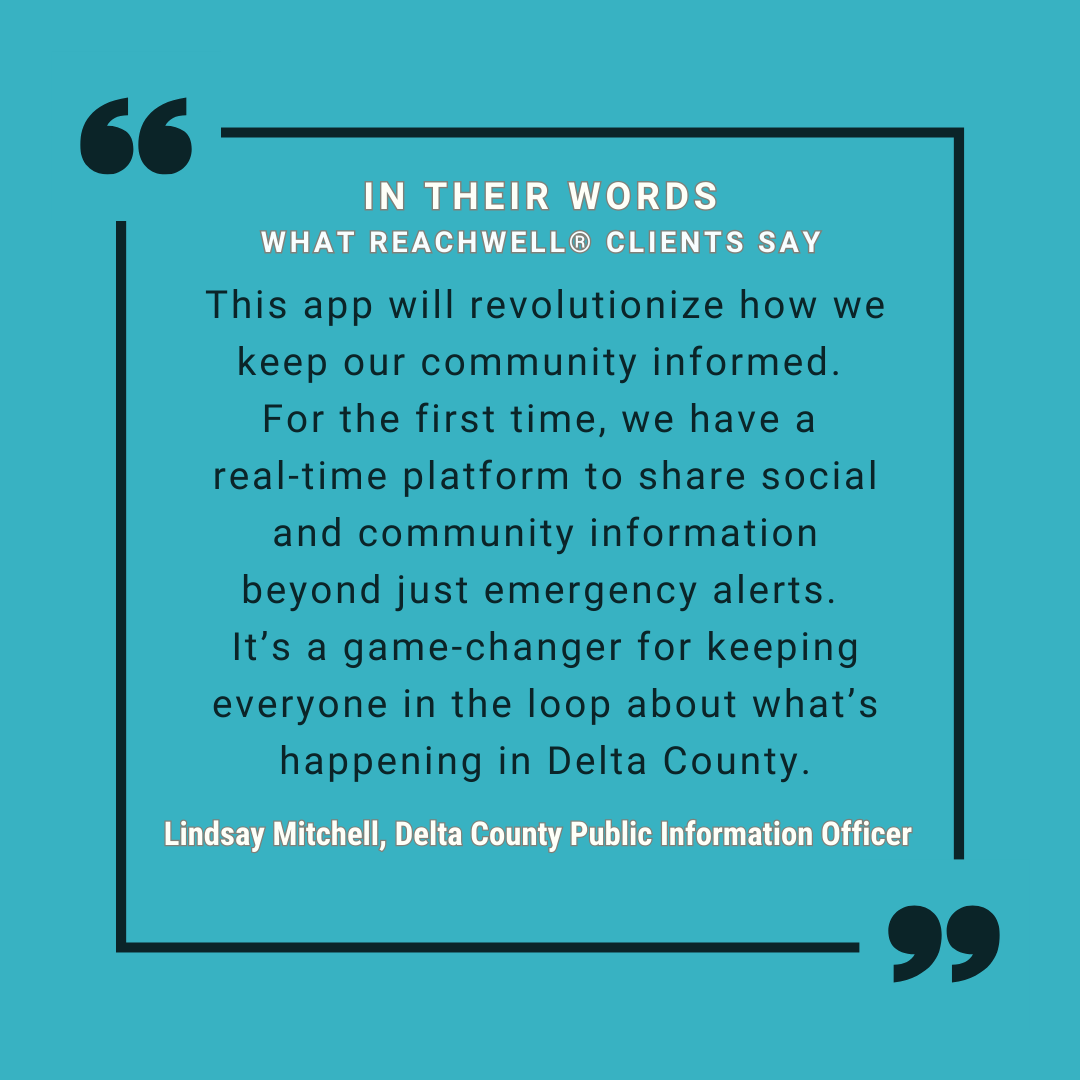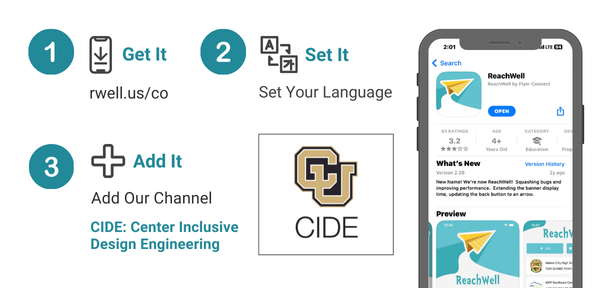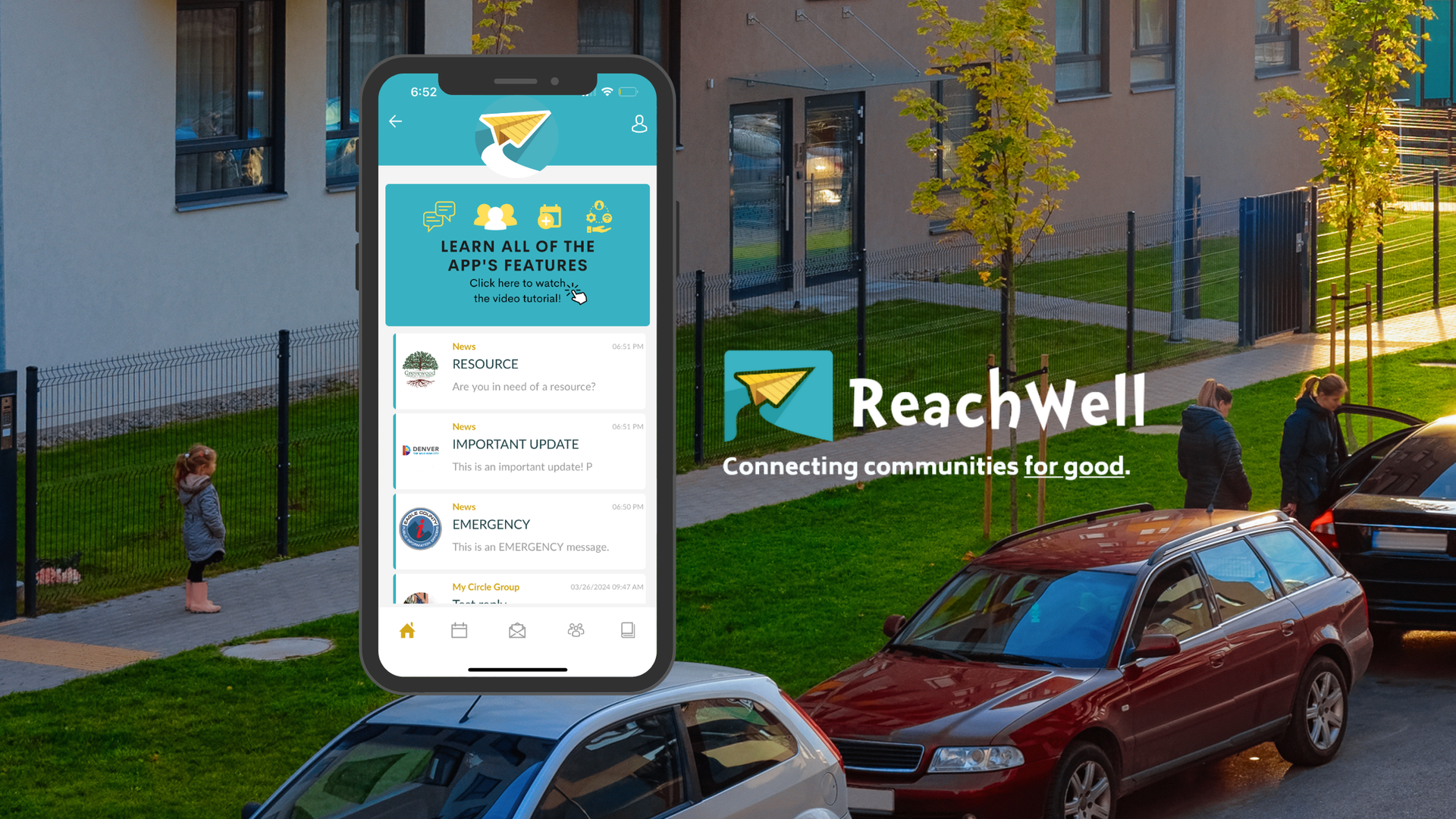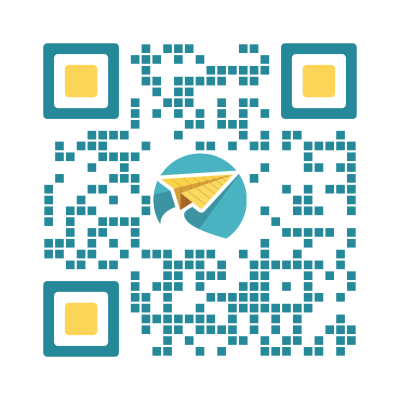Quick Hits to Boost Virtual Engagement during COVID Uncertainties
You don't need to recreate the wheel--Flyer Connect has captured proven, and innovative ways that schools across the country are meeting their communities' needs amidst the pandemic. See how six schools are changing the game.
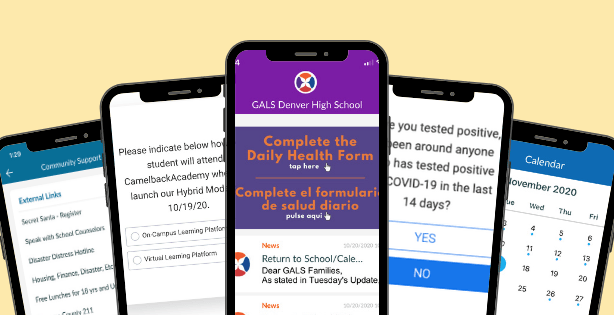
Boost family survey results to know who's showing up and who's staying remote
During the pandemic, too many districts struggle to reach silent families. Receiving survey responses is difficult to understand their plan to return to in-person learning, access to internet, food assistance or healthcare. Relying on email surveys generate low results but, meeting families where they are is the logical step. Camelback Academy in Phoenix, AZ faced a similar issue; reaching families in the language via their app, text, and email resulted in nearly 100% response rate in just a couple weeks.
Here's some tips:
- Don't make every question required, especially if it's not essential.
- Keep it short; ask for no more that eight easy to answer questions per survey.
- Test it out. Take the survey yourself and time your response time. Take it on multiple devices, especially your smartphone.
- Translate all questions and response options in the survey to meet your families' language needs.
Keep up a personal connection with your families
I'm a hugger and even if you're not, we're all missing the personal touch in 2020. Districts and schools are using video in innovative ways to keep their personal connections going. Counselors are sharing stress management tips, principals are sharing weekly video newsletters, and district leaders are hosting virtual coffee talks.
Here's some recommendations for Flyer Connect partner schools:
- Adams 14 share's their videos as links to youtube in app and email announcements.
- KIPP Paseo shares frequent video shorts as tappable banners from the school's homepage.
- Pasting a transcript of your video in the body of your flyer message with your video will translate the video message, give the user the ability to hear the message in their language, and still receive that personal message we're all in need of!
I don't even need to name the ways that these past several months has been a logistical challenge. As students come back for in-person instruction, getting a quick health screener shouldn't be on the list of hurdles. For students back in class at GALS Denver and Willow Elementary, families access a daily health screener with one tap.
Here's some tips:
- GALS Denver makes it easily accessible through a tappable banner.
- Willow Elementary links to the screener from the resource tab.
- Families can take the survey at home, or when students arrive at the door.
- In the survey, ask for student IDs as a way to quickly identify who is completing the form, without leaving room for error on only typing a first name.
Simplify schedule changes with live updates
It's hard to plan ahead. One week, you're preparing for in-person learning, and the next week you're learning that COVID cases are rising. 2020 is the year of consistently reassessing the game plan. Help families keep up with changing schedules by updating a synced calendar to the app.
Here's some tips:
- During hybrid learning, New Legacy Charter School makes it easy for families to know when their students are learning in person, with class schedule updates in their calendars.
- Update calendars four weeks at a time, to ensure that the most up-to-date schedule is posted. This avoids confusion and prevents families from seeing outdated scheduling on the app.
- Teachers can sync their own classroom calendars, so that families only see information that is pertinent to them.

Government distrust is at an all-time high. Many residents are wary of sharing their personal information with public agencies, often due to fears of surveillance, spam, or data misuse. This hesitation is especially acute among low-income and unhoused individuals who frequently change phone numbers due to service lapses, making traditional outreach efforts ineffective. Most public communication systems fall short. They rely on platforms like Mailchimp or Constant Contact, which get lost in crowded inboxes. Social media, while pervasive, is designed to harvest data and push ads—not to protect user privacy. Even emergency alert systems often require residents to sign up and share their location, further eroding trust. Text messaging, often called the holy grail of communication, is no longer a guaranteed solution. People guard their phone numbers carefully, especially when interacting with the government. They fear being spammed or having their data sold. So how can agencies inform and protect the public without breaching their trust? A New Approach to Community Communication Using ReachWell's extensive experience and broad customer base, here are some recommendations to consider when engaging your community in a less intrusive yet more effective manner: Offer Communication Choices : Let residents decide how they want to receive information—whether it's through text, email, voice calls, app notifications, or a combination. This respects personal preferences and helps reduce message fatigue. Respect Anonymity : Not everyone wants to share personal contact details. Provide anonymous access to messages via public channels or apps that don’t require identifying information. Support Multilingual Access : Language should never be a barrier to safety or services. Translate messages into the primary languages spoken in your community, and consider text-to-speech options for low-literacy audiences. Allow Topic Subscription : Let people select specific topics or groups they care about. Targeted messages reduce noise and increase engagement. Minimize Data Collection : Collect only the data you truly need. Avoid tracking location or behavior unless absolutely necessary—and be transparent about what is collected and why. Ensure Accessibility : Meet or exceed accessibility standards (such as WCAG 2.2 AA compliance) so all residents, including those with disabilities, can access and understand public messages. These practices foster trust, improve message delivery, and help ensure no one is left out of important conversations—especially in moments of crisis or community need. Expanded Real-World Examples: Trusted by Diverse Communities El Paso County, CO (Colorado Springs area) uses ReachWell to distribute emergency alerts—including shelter-in-place orders and missing persons reports—in over 130 languages. Residents can receive alerts even without providing contact information. The Town of Carbondale, CO keeps its multilingual and low-literate residents informed of community events, social services, and public works projects using WCAG 2.2 AA-compliant messaging and text-to-speech capabilities—ensuring no one is left behind. Tucson, AZ : Child-Parent Centers, a Head Start provider, uses ReachWell to keep 500+ staff updated on safety alerts, training sessions, and HR notices across 130 languages—building internal trust through inclusive communication. Boulder County Housing Authority ensures ongoing connection with residents—even after their contact information changes—by sending updates about emergencies, upcoming maintenance, and resident services using ReachWell’s multilingual and anonymous outreach tools. Conclusion Building trust with residents starts with giving them control. When governments let people choose how they connect, what they receive, and in what language—trust grows. ReachWell is proving that communities can be kept safe and informed without sacrificing privacy or accessibility. When people don’t trust the system, it’s time to change the system. ReachWell is doing just that. BOOK A DEMO TODAY



